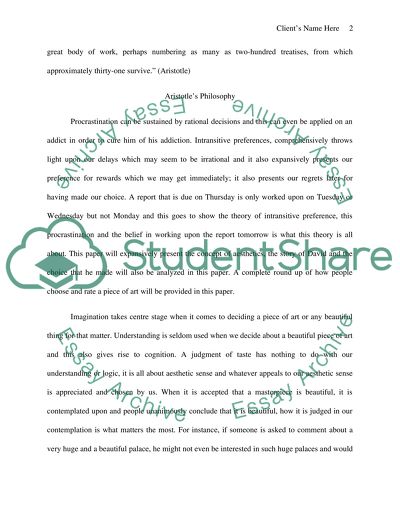Cite this document
(“Polymath a Man of Many Talents Research Paper Example | Topics and Well Written Essays - 2500 words”, n.d.)
Retrieved from https://studentshare.org/philosophy/1394167-aristotle
Retrieved from https://studentshare.org/philosophy/1394167-aristotle
(Polymath a Man of Many Talents Research Paper Example | Topics and Well Written Essays - 2500 Words)
https://studentshare.org/philosophy/1394167-aristotle.
https://studentshare.org/philosophy/1394167-aristotle.
“Polymath a Man of Many Talents Research Paper Example | Topics and Well Written Essays - 2500 Words”, n.d. https://studentshare.org/philosophy/1394167-aristotle.


